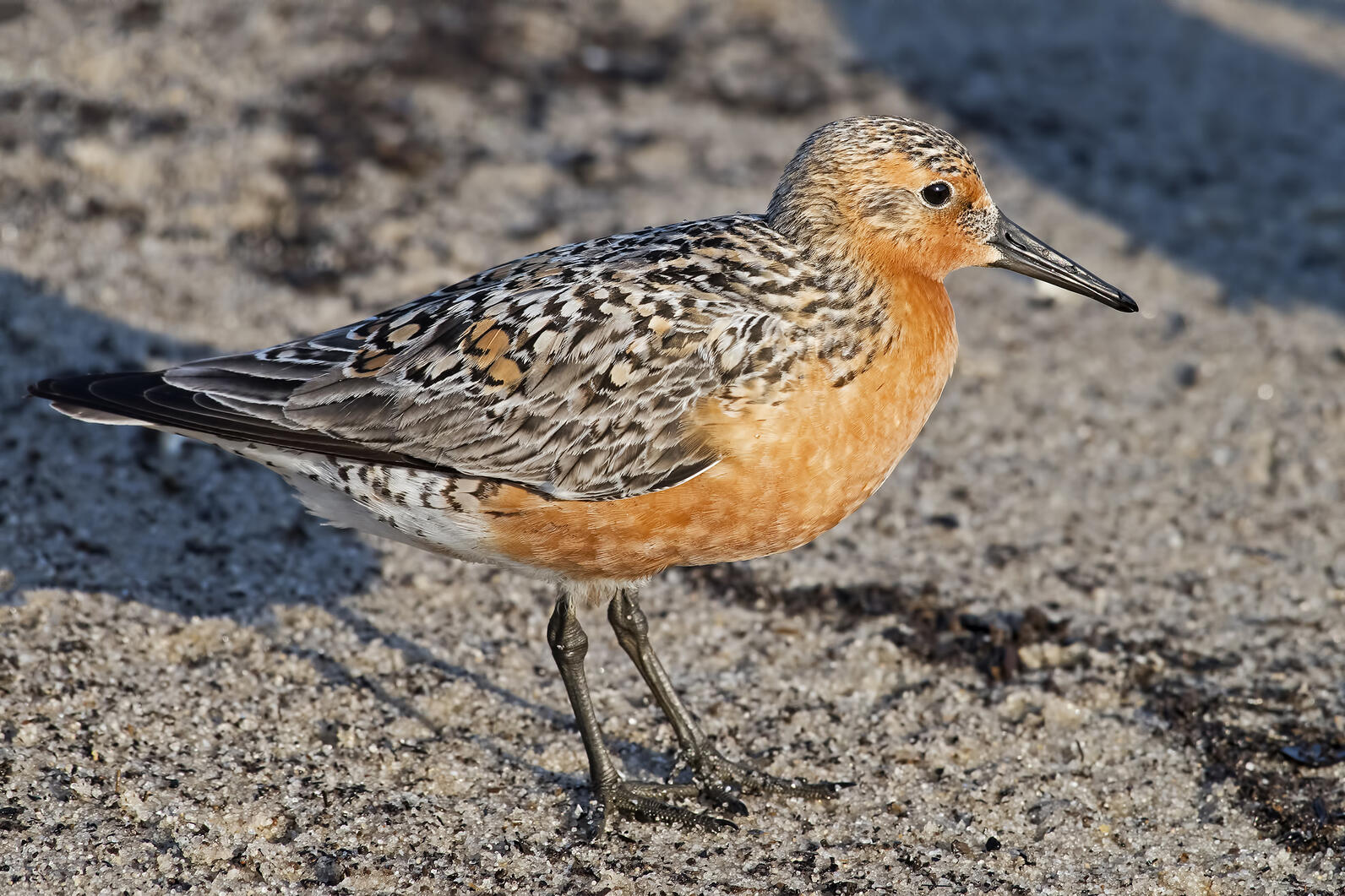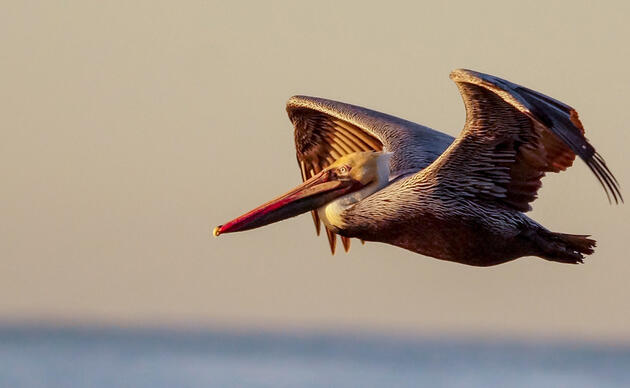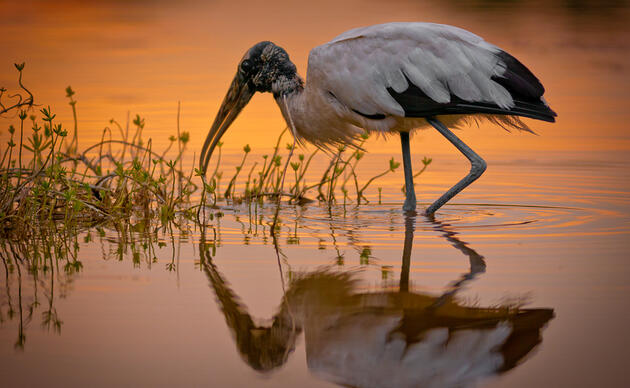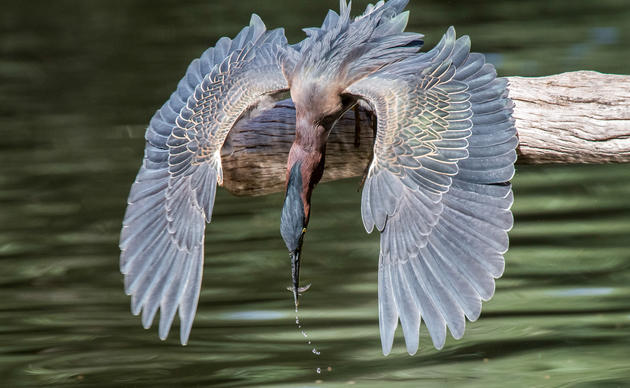Together with the help of public and private partners and dedicated volunteers, Audubon South Carolina is fighting to protect, restore and create suitable habitat for South Carolina’s coastal birds, which face myriad threats, from rising sea levels to rapid development.
Our primary efforts include:
- advocating for the use of natural infrastructure to increase the resilience of existing islands, marshes, and maritime forest habitat and the beneficial use of dredged material to create sustainable habitat, such as the restoration of the Crab Bank Seabird Sanctuary Island in Charleston Harbor planned for fall of 2021;
- public education and stewardship paired with the implementation of reasonable regulations to reduce human disturbance in areas where priority seabird and shorebird species still have a fighting chance; and
- securing and directing public and private funding to support conservation planning and projects that protect coastal birds and their most important land and food sources.

Program Highlight
Bay Point Island in Beaufort County represents vital habitat for myriad coastal bird species, including some that are federally and state-listed as threatened or endangered, such as Piping Plover, Red Knot, Least Tern and Wilson’s Plover. As an important fishing spot for members of the Gullah/Geechee nation for many decades, and a natural barrier from storms and flooding for nearby communities, this undisturbed barrier island is just as important for the protection of human life as it is for birds.
When a developer submitted a proposal to develop a resort on the island under a special use “eco-tourism” permit – and after careful review of the plans raised strong concerns about its compatibility with bird life on the island – leaders of the Hilton Head Audubon Society, in partnership with Audubon South Carolina and other local conservation groups, stepped up to oppose the development. Audubon South Carolina’s role was critical in maintaining a high standard for environmental review during the permitting process, and the outcome was a unanimous vote by the Beaufort County Zoning Board to deny the permit.






